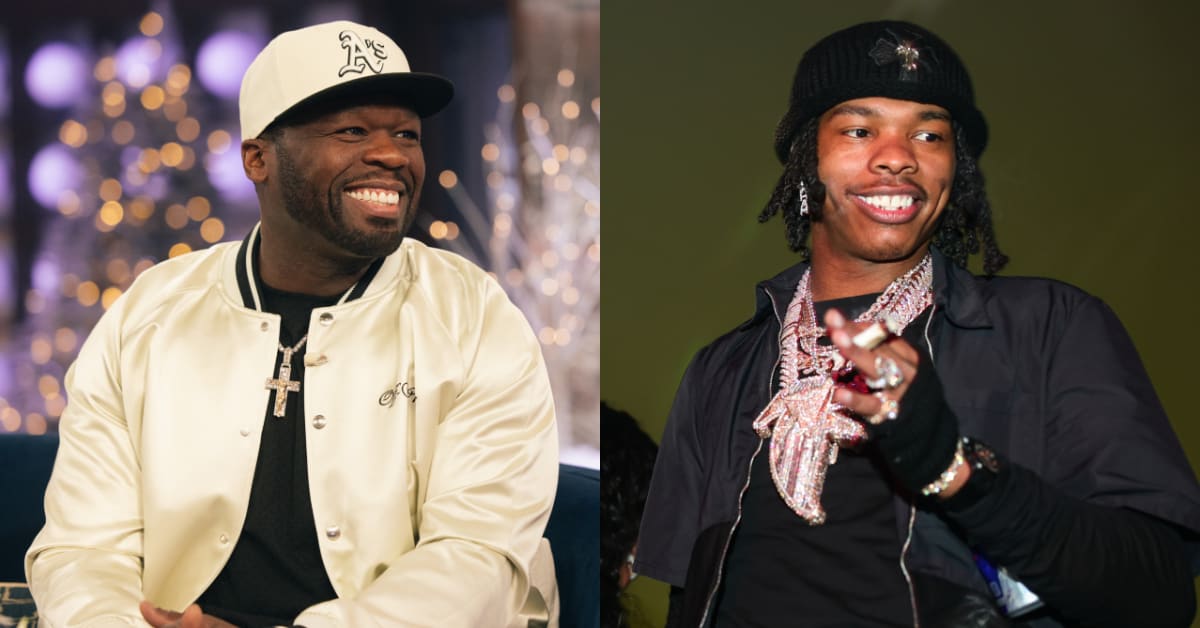Travel
A Snob’s Guide to Lanai

For an island owned by the second richest man on earth, Lanai is surprisingly unpretentious. Well, a caveat: it has two fabulous 5-star hotels, one an oceanfront Four Seasons, and the other its wellness-focused sister property, Sensei. Even still, absent are signs of the dreaded one-percentification that has afflicted other once-sleepy idylls. No Starbucks. No country clubs. No superyachts polluting the Pacific. No Gulfstreams crowding the tiny airstrip. In other words, Lanai, which is Hawaii’s smallest publicly accessible island, remains blissfully unspoiled.
Billionaire Larry Ellison—who bought 98% of this Hawaiian island for $300 million more than a decade ago—has pretty much seen to that, leaving much of Lanai just as Mother Nature intended (while also pumping in an additional $500 million for its general beautification, infrastructure, sustainability initiatives, and much-needed restorations of both hotels). Between the Four Seasons and the Sensei, there isn’t much else—there aren’t even any traffic lights. It almost calls to mind what Big Island was like ten years ago.
“Lanai is not for the guest who is looking for busy nightlife and lots of shopping,” says Avi Phookan, general manager of Four Seasons Resort Lanai. “With only 3,000 residents and a small plantation town, this is like Hawaii as it used to be in vintage postcards. An unhurried pace, lack of crowds, friendly people.”
Not that any of this implies there is nothing to do here. As one would expect, Four Seasons boasts an extensive menu of activities to fill up those sunny days: snorkeling (some of the best in Hawaii, per popular opinion), deep-sea fishing, sailing, golf and tennis, mountain biking, hiking, sporting clays, and horseback riding. There is an observatory on site for fantastic skygazing, as well as an adventure park nearby to keep the kids entertained. The food, too, will satisfy the most discerning of coastal elite palates (hint: it’s Nobu).
But also core to the ethos of both Four Seasons and Sensei properties is the sensitivity to—and respect for—the island. “Ancient Native Hawaiians lived sustainably on Lanai for many years,” Phookan says. “We are committed to caring for the land and understanding, preserving, and sharing the island’s culture, traditions, and history.” This is evident in projects like Sensei Farms—which uses solar energy to power its greenhouses and not only supplies the produce at the resorts, but also in supermarkets throughout Hawaii—as well as in the resort’s partnership with the National Fish and Wildlife Foundation to protect native flora and fauna, the coral reefs, and endangered seabird habitats. Hula, lei making, ukelele classes, lauhala weaving, and workshops in the kitchen garden are all part of the daily repertoire, too.
Lanai’s Hidden Gems
There are only 30 miles of paved roads on Lanai, so go off-road! Rent a 4×4 jeep, pick up sandwiches from the gas station (there is only one), and make your way to Polihua Beach for its white sand calm. Ganosti’s is also great for lunch, and don’t miss a visit to Hale Keaka, Lanai’s gorgeously restored historic movie theater. And for a unique round of golf, check out Cavendish, a charmingly rustic—and free to play—9-hole course that very few people know about.
Sensei Lanai is only 20 minutes away but might as well be in another world. Nestled smack dab in the middle of the island, the beach paradise vibe of Four Seasons gives way to something more Goop-meets-ryokan. Wellness is the MO here, but the approach is gentle. Of course you can certainly measure your VO2 max and assess your diet with an on-site nutritionist and get your fill of all the bio-hacking and longevity-promoting metrics befitting a Silicon Valley titan (Ellison founded Sensei with Dr. David Agus, who heads up his Institute for Transformative Medicine). But you can also just bide your time doing yoga, meditating, and soaking in an onsen (the property has 10). And have chocolate cake for dessert without feeling bad about it (sustenance here comes courtesy of Nobu, too).
While the onsen garden is a magical little oasis discreetly tucked away on Sensei’s lush grounds (a profusion of rare palms, anthuriums, philodendrons, and giant grammatophyllum orchids is interspersed with larger-than-life sculptures by the likes of Botero, Lalanne, Koons, and Jaume Plensa from Ellison’s personal collection), it might come second to Sensei’s spa program. Every personalized treatment takes place in your own private hale (Hawaiian for home), a 1,000-square-foot sanctuary furnished with an infrared sauna, outdoor and indoor showers, a deep soaking tub, and a backyard onsen pool for you to play, steam, and luxuriate in after a session.
“True luxury is creating a meaningful sense of belonging and a dedicated focus on how people want to be treated, grounded in genuine care,” says general manager David Emig, who points out that Sensei happens to be a particularly popular destination for sabbaticals. “We get people staying 30 days at a time, recharging, relaxing, and getting best practices from our team to take back home.” Might these include the keys to immortality? You’ll just have to go see for yourself.
Leena Kim is an editor at Town & Country, where she covers travel, jewelry, education, weddings, and culture.












